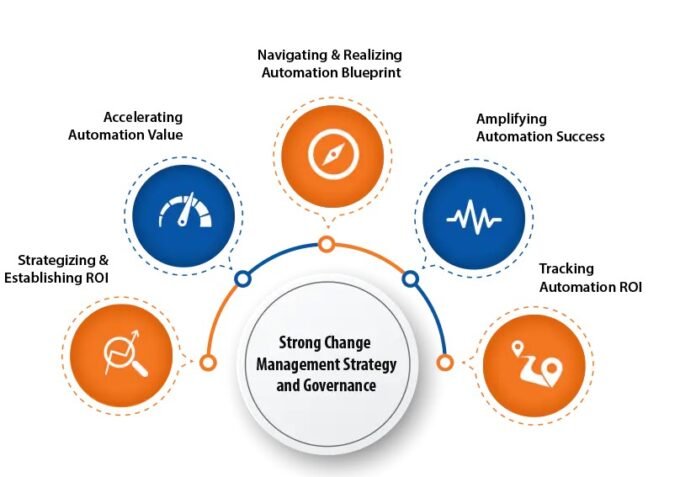Mediation is a term that is thrown around often and as such, may be confusing to anyone who is currently undergoing family law proceedings. In a nutshell, mediation is recommended as a way of resolving disputes between people in conflict, usually facilitated by a neutral person. Separated families are always encouraged to use family mediation to help resolve disputes about children, property settlement, and finances instead of using the family law courts. In today’s article, we have a look at the top mediation-related FAQ that we get asked about on a daily basis. Have a question of your own about mediation? Simply read on to find out more.
Q: What exactly is mediation? How can it be simply put for me to understand?
To put it simply, mediation is a process in which parties in dispute come together to resolve existing conflicts or issues. The mediation process is often conducted by one or more impartial, trained, and nationally accredited mediator(s). Mediators assist parties in discussing issues at hand and help to identify solutions in a bid to achieve a mutually acceptable agreement for all.
Q: How long does mediation take?
On average, mediation processes can take anywhere between 2-3 hours to conclude. As a general rule of thumb, it is important to ensure that you have set aside enough time for mediation and we recommend making necessary arrangements so that you are able to stay for the entire duration of the session.
Q: Can an individual or party be forced into mediation?
The simple answer to this is no – mediation is a voluntary process. If either party refuses to engage in mediation, it is not possible to compel him or her to attend. In such a case, we highly recommend speaking to a family lawyer who will be able to further assist you in resolving your case.
Q: Do I have to be in the same room during mediation?
Yes. Mediation with the DSCV involves parties being in the same room and discussing issues in a controlled environment.
Q: Where is mediation held?
Mediation can be held at a variety of different places including DSCV offices and other approved venues that are suitable for mediation. Ideally, the meeting location should be convenient for all parties and remain as neutral as possible.
Q: What role does a mediator play during mediation?
Mediators are impartial parties who are in charge of:
- Keeping emotions in check;
- Controlling the process (parties control the content of what is covered);
- Creating an environment where parties have a chance to hear and listen to each other in a respectful manner;
- Helping parties explore a variety of options and solutions;
- Helping parties note down details of any agreement reached; and
- Make sure all relevant issues are covered.
Q: Is mediation compulsory?
To a certain degree, yes. Section 60I of the Family Law Act 1975 (the Act) as amended by the Family Law Amendment (Shared Parental Responsibility) Act 2006 provides that all persons who have a dispute about children (under Part VII of the Act) must make a genuine effort to resolve that dispute by Family Dispute Resolution before they can litigate. However, if your spouse refuses to engage in mediation, you have the option to bring a Court Application, so that a Judge can make Orders setting out what the parenting arrangements will be.
Q: Do mediators get a say in the final outcome or agreement?
No. a mediator’s sole responsibility is to manage the process of the mediation and assist both parties to reach an agreement. Mediators do not make a decision or offer any judgment about the way in which a dispute should be resolved.
Q: Are lawyers allowed to be present during mediation?
In most cases, this is not necessary. However, seeking legal advice prior to mediation can be incredibly helpful and may better prepare you for the mediation process.
Q: Can children be present during mediation?
No. However, we are able to refer parties to a family counselor or psychologist who may talk with your child about their experience or worries related to separation.
Q: How do I know if my case is suitable for mediation?
Most cases will be suitable for mediation, except if your dispute is very urgent or involves violence or child abuse. In such instances, getting in touch with a family lawyer and/or relevant authorities is of utmost importance.
Q: What should I do to prepare for my mediation session?
In financial/property matters, we recommend preparing a spreadsheet or a list of all of your assets (including superannuation) and liabilities and valuations. You can also include copies of recent bank and credit card statements, appraisals of real estate, and superannuation statements.
In custody or children matters, it is likely that both parties will be requested to provide an outline of the specific parenting arrangements you think are ideal for all parties involved.
Q: Are issues discussed at mediation kept confidential?
Everything discussed during mediation is confidential. If matters fail to be resolved, anything said or offered may not be used against you in later court proceedings. Similarly, neither the mediator nor the persons involved may disclose what has been discussed to others or use it in Court. The only exception to confidentiality is where there is an admission of child abuse; in such a case, a mediator has a legal obligation to report their concerns to the appropriate authorities.
And there you have it – answers to almost any question you may have about the mediation process. Please note that this is general information only. As always, we recommend speaking with an experienced family law team should you have any further questions or concerns regarding mediation. All the best!








